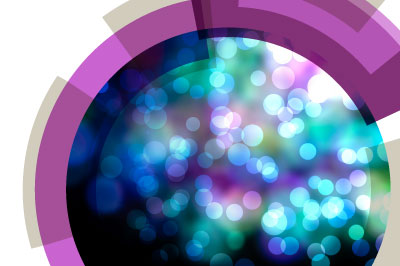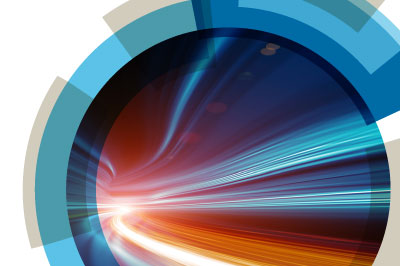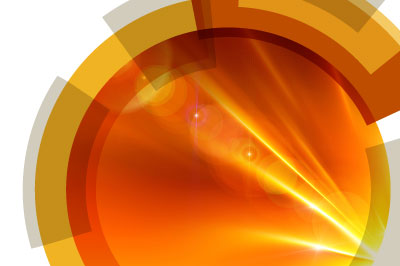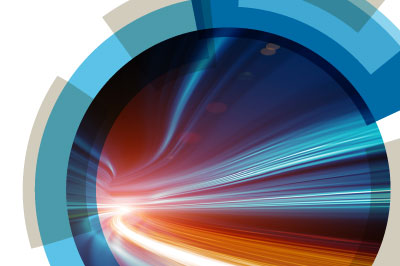Katsuhiko Ariga, National Institute of Materials Science, Japan
Prof. Dr. Katsuhiko Ariga is the Director of Supermolecules Unit and Principal Investigator of World Premier International (WPI) Research Center for Materials Nanoarchitectonics (MANA), the National Institute for Materials Science (NIMS). After receiving his B.Eng., M.Eng., and Ph.D. degrees from the Tokyo Institute of Technology (TIT), he worked as a postdoctoral fellow at the University of Texas at Austin, and assistant Professor at TIT. In 2001, he took a position as a group leader in the Supermolecules Project at Japan Science and Technology Agency (JST). Thereafter, Dr. Ariga worked as Associate Professor at the Nara Institute of Science and Technology, and then became involved with the ERATO Nanospace Project at JST. Since 2017, he has co-appointed as a professor of Graduate School of Frontier Sciences, The University of Tokyo. He is a Fellow of the Royal Society of Chemistry as well as the honorary member of the Materials Research Society of India. He has won numerous awards including Nice-Step Researcher (National Institute of Science and Technology Policy, 2010), Award for Excellence (Indian Society of Chemists and Biologists, 2011), JSCC Contribution Award (Japan, 2015) Highly Cited Researcher (Thompson Reuters, Clarivate Analytics). He has worked with over 10 journals as a board member including Associate Editor for Physical Chemistry Chemical Physics, Science and Technology of Advanced Materials, Chemistry Letters, and Bulletin of the Chemical Society of Japan. He is currently the Editor-in-Chief for the Bulletin of the Chemical Society.
Itaru Hamachi, Kyoto University, Japan
Itaru Hamachi was born in Fukuoka Prefecture, Japan, in 1960 and received his Ph.D. in 1988 from Kyoto University under the guidance of the late Professor Iwao Tabushi. Immediately thereafter he joined Kyushu University, where he worked as an assistant professor for 3 years in Kunitake laboratory and became an associate professor in Shinkai laboratory in 1992. In 2001, he became a full professor of IFOC, Kyushu University and then moved to Kyoto University in 2005. He had been a PRESTO investigator for 7 years (from 2000 to 2006) and has been a team leader of two CREST projects (from 2008 to 2013 and then from 2013 to 2018), which all are supported by Japan Science and Technology (JST) Agency. He is now a supervisor of a PRESTO project (Single cell analysis) in JST program from 2014-2019. His research interests include live-cell organic chemistry, chemical biology, bioorganic and bioinorganic chemistry, and supramolecular biomaterials. He has won numerous awards including The Chemical Society of Japan Award for Creative Work (2005), Nagoya Silver Medal (2014), Pekin U-Eli Lily lectureship award (2014) and UC Berkeley BASP lectureship award (2017). He has been Fellow of the Royal Society of Chemistry since 2011 and currently is an Associate Editor for Chemical Communications.
Richard Kelly, Royal Society of Chemistry, United Kingdom
Richard Kelly is Executive Editor of the Royal Society of Chemistry journals Organic & Biomolecular Chemistry, Natural Product Reports, MedChemComm and Molecular BioSystems. He received his undergraduate degree and Ph.D from the University of Liverpool, UK, then joined the Royal Society of Chemistry as an Assistant Editor, progressing to Deputy Editor in 2005 and Executive Editor in 2010.
David Kipler, Science Communications Trainer for Editage, Japan
David Kipler is a Science Communications Trainer for editage (Cactus Communications) specialist in biomedical communications for pharmaceutical companies, journals, and authors. He was a member of the Toho University Faculty of Medicine for 14 years and has held faculty appointments at The University of Tokyo and Keio University School of Medicine. He obtained his certification as an Editor in the Life Sciences (ELS) in 2005.
Andrei K. Yudin, University of Toronto, Canada
Andrei K Yudin is a Professor of Chemistry at the University of Toronto and currently serves as the chairman of the Board of Organic & Biomolecular Chemistry. He has made many distinguished contributions to the field of organic chemistry through his research, which hinges on fundamental studies of chemical reactivity.
The breadth of Yudin’s contributions covers: synthetic electrochemistry, fluorine chemistry, catalysis, multicomponent reactions, biologically active peptides, and organoboron chemistry. He is particularly passionate about chemoselectivity and tries to solve the long-standing challenges in this area by creating and exploring amphoteric molecules. The reagents developed in his lab often defy logic by featuring both nucleophilic and electrophilic nodes of reactivity. The peptide macrocycle and boron platforms, which emerged as a result of Yudin’s research, have led to the discovery of new bioactive molecules and resulted in the creation of spin-off companies.
He is a Fellow of the Royal Society of Canada and is a recipient of many awards, including 2010 Rutherford Medal and 2015 Bernard Belleau Award in Medicinal Chemistry.













